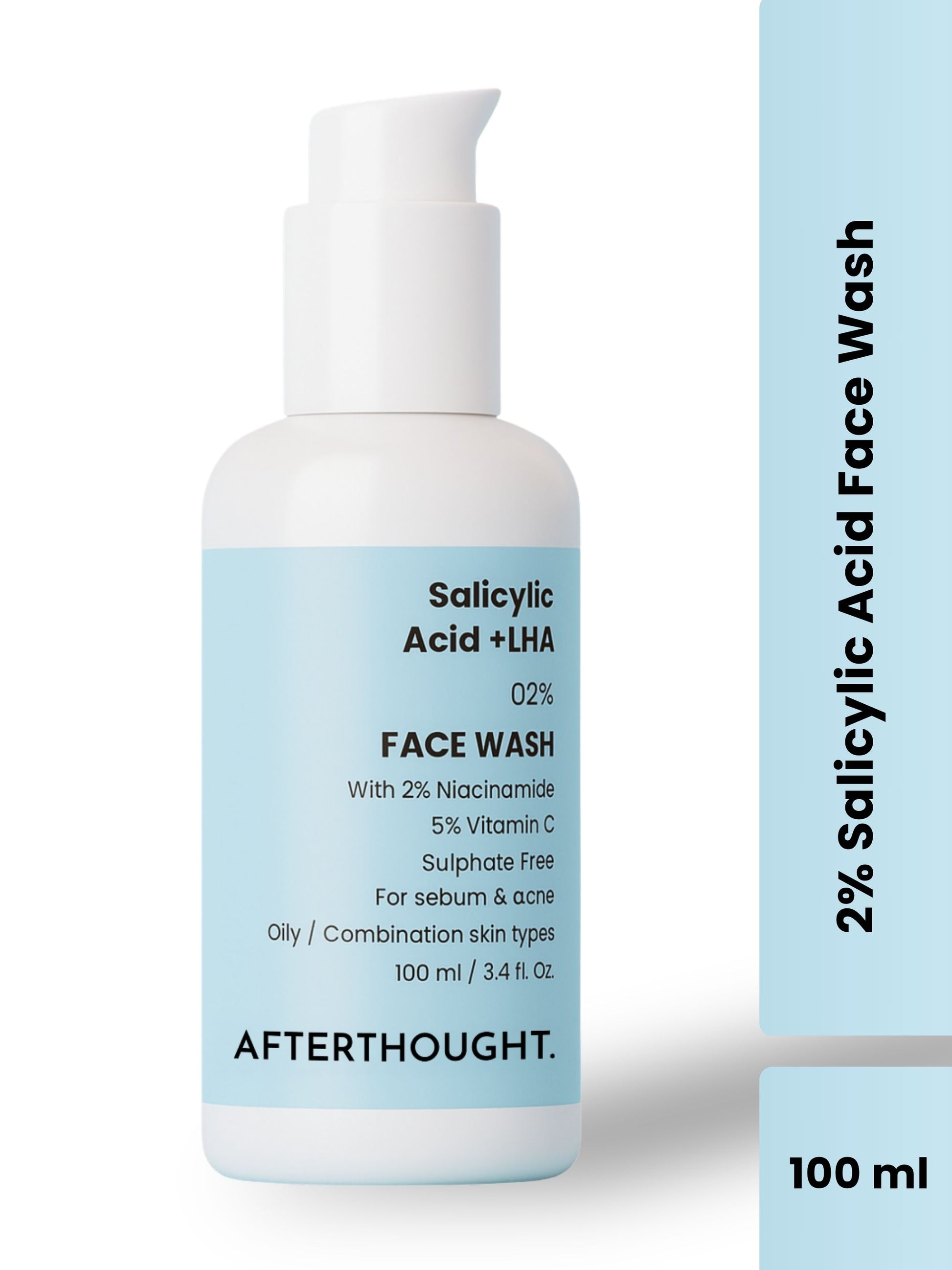What Causes Extremely Itchy Skin? Top 9 Causes Listed.
Itchy skin, also known as pruritus, is an irritating and uncontrollable sensation that makes you want to scratch to relieve the feeling. While itching can be bothersome, it's often a symptom of an underlying condition.
Understanding the causes of itchy skin can help in finding effective treatments and relief. In this article, we'll delve into some of the common causes of extremely itchy skin and explore possible solutions. Welcome to Afterthought.
Common Causes of Itchy Skin
1. Dry Skin
Dry skin is one of the most common causes of itching. It can be caused by environmental factors such as low humidity, especially during winter months, excessive washing, or using harsh soaps. When the skin loses moisture, it can become rough, flaky, and itchy.
Solution: Moisturize regularly with a good quality lotion or cream. Look for products containing ingredients like hyaluronic acid, glycerin, and ceramides. Avoid hot showers and use gentle, fragrance-free cleansers.
2. Eczema
Eczema, or atopic dermatitis, is a chronic skin condition characterized by red, inflamed, and itchy patches of skin. It is often seen in children but can affect adults as well. Eczema is thought to be related to an overactive immune response to environmental triggers.
Solution: Keep the skin hydrated and use prescribed topical corticosteroids to reduce inflammation. Avoid known triggers, such as certain soaps, detergents, and allergens.
3. Allergies
Allergic reactions can cause itchy skin. Common allergens include certain foods, medications, insect bites, and contact with plants like poison ivy. Allergies can also result from direct contact with irritants like certain fabrics or chemicals.
Solution: Identify and avoid allergens. Over-the-counter antihistamines can help reduce itching and allergic reactions. For severe reactions, consult a healthcare professional.
4. Psoriasis
Psoriasis is an autoimmune condition that causes rapid skin cell turnover, leading to thick, red, scaly patches that can be very itchy. These patches are often found on the elbows, knees, scalp, and lower back.
Solution: Treatments include topical therapies, phototherapy, and systemic medications to reduce inflammation and slow down skin cell production. Regular moisturizing can also help manage symptoms.
5. Infections
Certain infections can lead to itchy skin. Fungal infections like athlete's foot and ringworm, bacterial infections such as impetigo, and parasitic infestations like scabies and lice can cause intense itching.
Solution: Treatment depends on the type of infection. Antifungal, antibacterial, or antiparasitic medications are often necessary. Good hygiene and avoiding contact with infected individuals can prevent the spread of infections.
6. Liver Disease
Liver conditions such as hepatitis and cirrhosis can cause itching, often due to bile salts accumulating under the skin. This type of itching is typically widespread and can be quite severe.
Solution: Managing the underlying liver condition is crucial. Medications to reduce bile salts or relieve itching can be prescribed by a healthcare professional.
7. Kidney Disease
Chronic kidney disease can lead to a buildup of toxins in the blood, causing widespread itching. This is often seen in patients with advanced kidney failure or those undergoing dialysis.
Solution: Effective management of kidney disease is essential. Medications to control itching and maintain kidney function can be beneficial.
8. Nerve Disorders
Conditions that affect the nervous system, such as multiple sclerosis, shingles, and diabetes, can cause neuropathic itching. This type of itching results from nerve damage or irritation.
Solution: Treating the underlying nerve condition can help alleviate symptoms. Medications specifically for neuropathic pain and itching, such as certain antidepressants or anticonvulsants, may be prescribed.
9. Hormonal Changes
Hormonal changes during pregnancy, menopause, or thyroid disorders can cause itchy skin. Pregnant women, for instance, may experience itching due to stretching skin or conditions like cholestasis of pregnancy.
Solution: Proper skincare and moisturizing can help manage mild itching. For more severe itching, consult a healthcare professional to address the hormonal imbalance or underlying condition.
When to See a Doctor
While occasional itching is usually not a cause for concern, persistent or severe itching warrants medical attention. See a doctor if you experience:
- Itching lasting more than two weeks without improvement
- Severe itching interfering with daily activities or sleep
- Signs of infection, such as redness, warmth, or pus
- Unexplained weight loss, fatigue, or changes in bowel habits
Conclusion
Itchy skin can be caused by a variety of factors, ranging from dry skin and allergies to more serious underlying health conditions. Understanding the cause of your itching is the first step toward finding effective relief.
Simple changes in skincare routines, avoiding triggers, and seeking medical advice when necessary can help manage and alleviate itchy skin. If you're struggling with persistent itching, don't hesitate to reach out to a healthcare professional for guidance and treatment.









